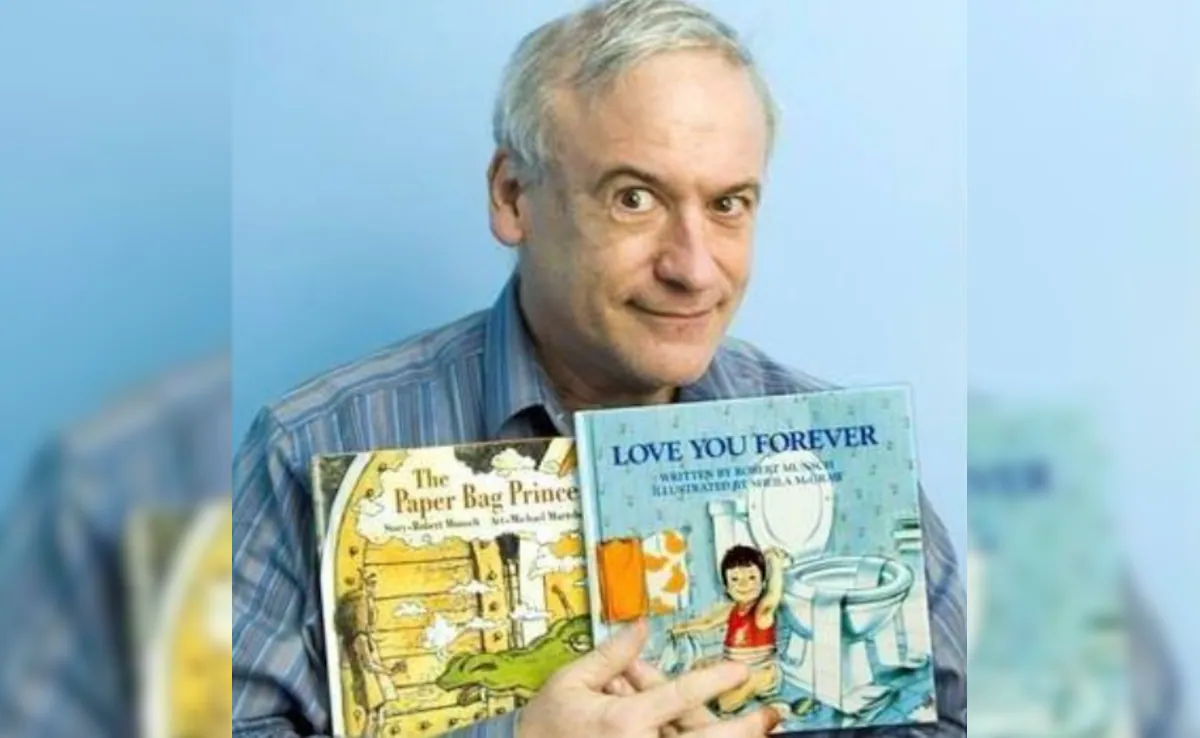Pray For Robert Munsch’s Family To Change His Mind On Euthanasia
Campaign Life Coalition spokesperson Jack Fonseca says there is still room for hope that a beloved Canadian children’s author might be persuaded against assisted suicide. The situation feels urgent because public figures shape how a nation thinks about life and death, and how families respond in crisis. Fonseca urges prayer and patient, loving conversation as the first responses.
The author Robert Munsch is at the center of this moment built trust with generations of readers, so his decision resonates far beyond his private circle. When someone known for comforting children faces such a choice, it challenges our instincts to protect and to plead for life. Friends, fans, and fellow believers are being called to step into that tension with courage.
Munsch, the famed children’s book author behind classics like “The Paper Bag Princess,” has decided to die by assisted suicide after being diagnosed with dementia — while making light of his grim decision.

“Hello, Doc — come kill me!” the Canadian citizen joked to the New York Times. “How much time do I have? Fifteen seconds!”
Munsch, whose other best-selling kids’ books include “Love You Forever,” was diagnosed with the debilitating disease in 2021 and said he decided to end his life after watching one of his brothers face an agonizing death from Lou Gehrig’s disease.
From a biblical viewpoint, human life bears the imprint of God and deserves care at every stage, not abandonment at the first sign of suffering. Scripture encourages us to defend the weak and to stand with those who are pushed toward despair, and that is exactly the posture being advocated now. Fonseca frames this as an appeal to conscience and to the healing power of community.
Hope is not naïve; it is a practice. Families can still change course when they hear clear, compassionate reasons to choose palliative care and love over a legal ending. Those conversations are hard, but they have led to saved lives before, and they can again when done with humility and truth.
This is not merely a private medical matter; it is a moral one that ripples outward into culture and law. How we respond to one person in crisis becomes a precedent for how we treat the vulnerable next time. That is why voices calling for prayer and persuasion are pressing, not intrusive.
Faith communities have a particular role to play here: to offer spiritual counsel, to model patience, and to provide practical support like in-home care or hospice advice. Ministers, chaplains, and prayer groups can create spaces where the author and his family feel seen, heard, and not rushed toward a final decision. Presence can be a radical form of resistance to despair.
Practical action matters alongside prayer. Encourage access to palliative experts, ask about pain management options, and hold family meetings where every loving concern can be voiced. Small acts of companionship—sitting at a bedside, reading familiar stories, bringing meals—remind a person that life is still valued and worth fighting for.
The public debate on assisted dying in Canada makes private choices very public, which complicates family dynamics and media attention. That reality increases the need for steady, faith-grounded support that focuses on the person, not the headlines. Fonseca and others are asking people to redirect energy from outrage to outreach and from commentary to comforting presence.
For those who believe in the power of prayer, this is a moment to take seriously: pray for clarity, for family reconciliation, and for the author’s heart to be open to alternatives. Prayer does not replace action; it fuels it and gives people the strength to keep offering life-affirming options. Communities that pray together often find the wisdom to act together.
In the end, this is about one life and the ripple effects of the choices we make for one another. Hold fast to the conviction that every person matters, and use your voice, hands, and prayers to protect the vulnerable. If families can be persuaded by love and truth, then there is always reason to hope and to act.

